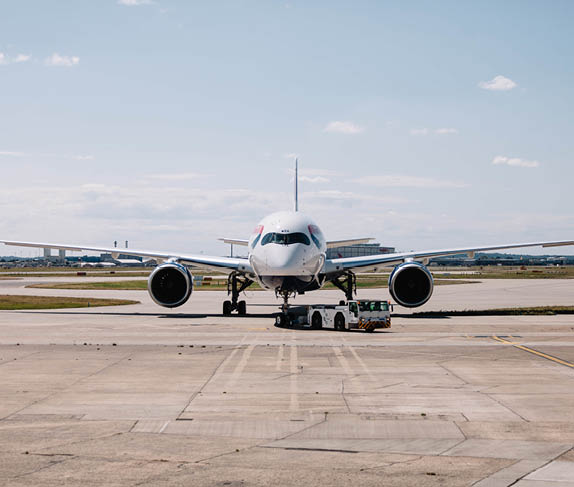The EU Council has agreed its position on the reform of the Single European Sky – initiative first proposed in 1999 to improve the performance of air traffic management and air navigation services through better integration of European airspace. The aim of the reform remains to improve European airspace management and the air navigation services system in order to increase capacity, improve cost-efficiency and increase the system’s ability to adapt to variations in traffic, while also trying to reduce aviation’s CO₂ footprint.
The package consists of an amended proposal for the recast of the Single European Sky regulation (SES 2+) and a proposal for a regulation amending the EU Aviation Safety Agency (EASA) basic regulation.
The Council has stated that it agrees on the key objectives of the Single European Sky: the reform must reinforce safety, respond to capacity needs and help cut emissions, while being cost-effective. It should also contribute to the smooth and safe inclusion of drones in the airspace. However, the Council’s position differs from the Commission’s proposal regarding the best ways to achieve them.
Under the Council’s position, the national supervisory authority, responsible for monitoring performance, must be independent from air navigation service providers. It will be possible for member states to merge economic and safety oversight functions in the same administrative entity, instead of being obliged to create a separate entity for economic oversight as proposed by the Commission. The Council states that its solution cuts red tape and adapts to existing organisational models.
Air navigation service providers will also only need one single certificate, instead of two certificates as initially proposed by the Commission. This single certificate will cover both the safety and economic aspects necessary for providers to operate within the EU, meaning that they only have to go through one process. The two aspects are also linked, as financial robustness and insurance cover are pre-conditions for safe operation.
Member states may decide to authorise the opening of certain air navigation services to market conditions. This allows them to ensure that any deregulation of air traffic management is based on a thorough cost-benefit analysis and is not detrimental to the safety or security of air traffic management operations.
National supervisory authorities and the Commission will now together assess the performance of air navigation services, in accordance with the subsidiarity and proportionality principles.
No changes will be made with regard to en route charges for air navigation services: member states will continue to set their national unit rates in accordance with common criteria and the Eurocontrol multilateral agreement, which allows local conditions to be taken into account.

